The Best Companion Plants For Peppers And Tomatoes
The Best Companion Plants for Peppers and Tomatoes
Peppers and tomatoes are two of the most popular vegetables grown in home gardens. They are both relatively easy to care for and can be grown in a variety of climates. However, there are some companion plants that can help to improve the growth and health of both peppers and tomatoes.
In this blog post, we will discuss some of the best companion plants for peppers and tomatoes. We will also discuss why these plants are beneficial and how to plant them together.
Why Use Companion Planting?
Companion planting is a gardening practice that involves planting different types of plants together. The goal of companion planting is to create a mutually beneficial relationship between the plants. Some plants can attract beneficial insects, while others can repel pests. Some plants can improve the soil quality, while others can provide shade or wind protection.
There are many benefits to using companion planting in your garden. Companion planting can help to:
- Improve the growth and health of your plants
- Repel pests and diseases
- Attract beneficial insects
- Improve the soil quality
- Conserve water
- Reduce the need for pesticides
Best Companion Plants for Peppers and Tomatoes
There are many different companion plants that can be beneficial for peppers and tomatoes. Some of the best include:
- Basil: Basil is a well-known companion plant for tomatoes. It helps to repel aphids, spider mites, and other pests. Basil also improves the flavor of tomatoes.
- Marigolds: Marigolds are another great companion plant for tomatoes. They help to repel nematodes, which are microscopic worms that can damage tomato roots. Marigolds also attract beneficial insects, such as ladybugs and parasitic wasps.

- Cucumbers: Cucumbers and peppers can be planted together because they have different water needs. Cucumbers need more water than peppers, so they will help to keep the soil moist for peppers. Cucumbers also provide shade for peppers, which can help to prevent them from getting sunburned.

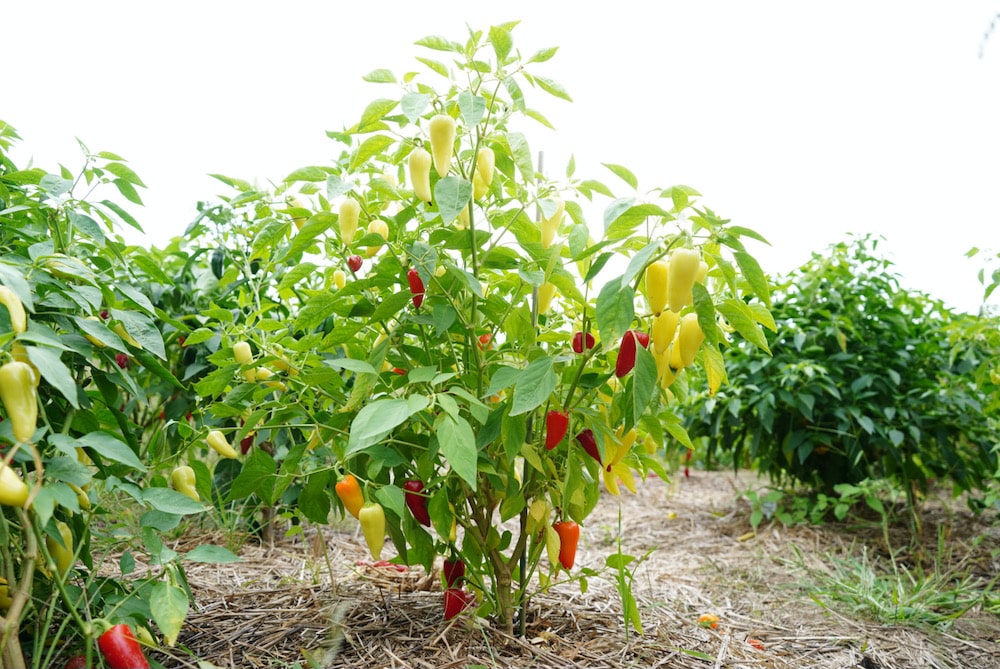
- Carrots: Carrots and peppers can be planted together because they benefit each other. Carrots help to loosen the soil, which makes it easier for peppers to grow deep roots. Peppers provide shade for carrots, which can help to prevent them from getting too much sun.
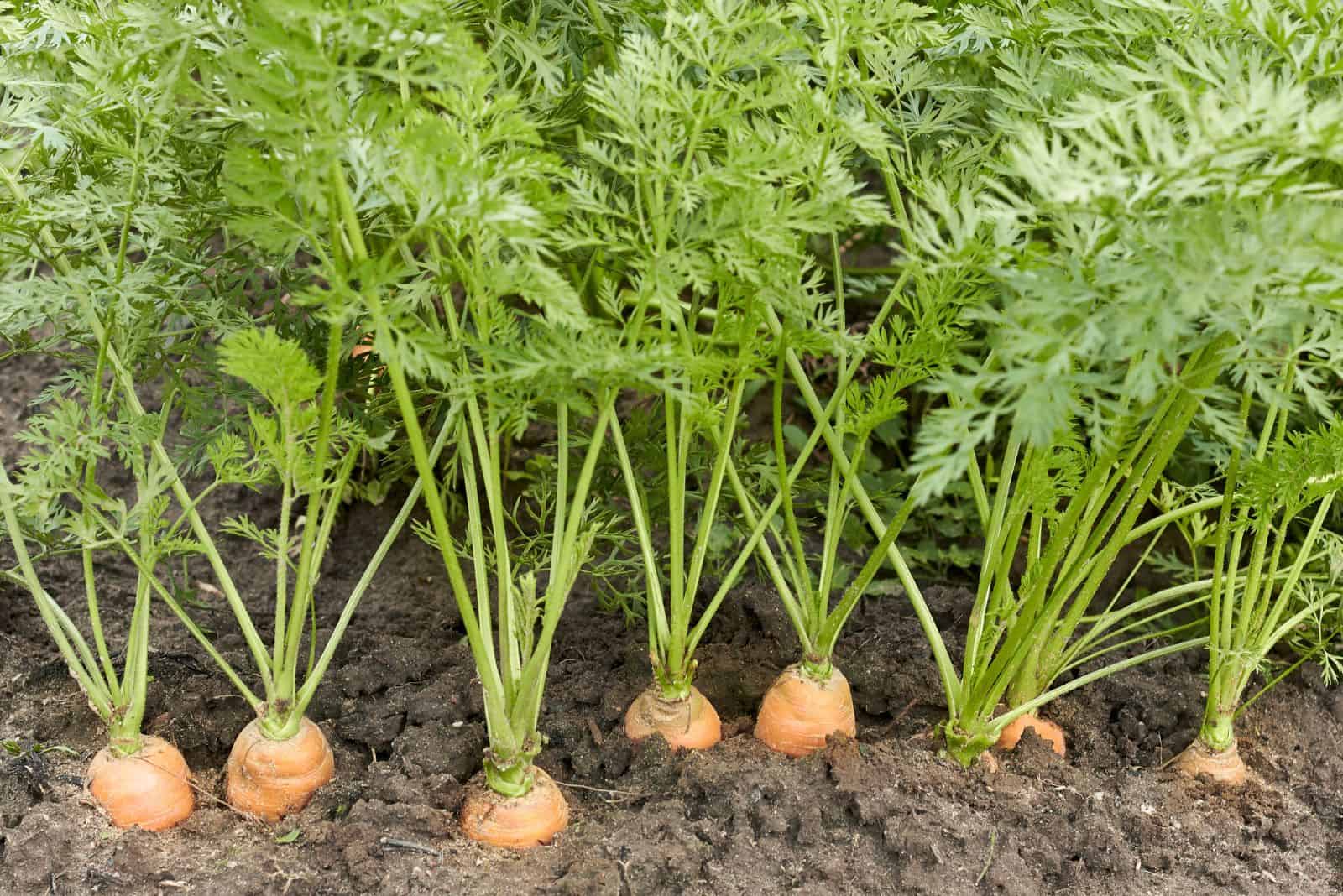
- Onions and Garlic: Onions and garlic are both members of the allium family, and they have a strong scent that can repel pests. They can also help to improve the flavor of peppers.

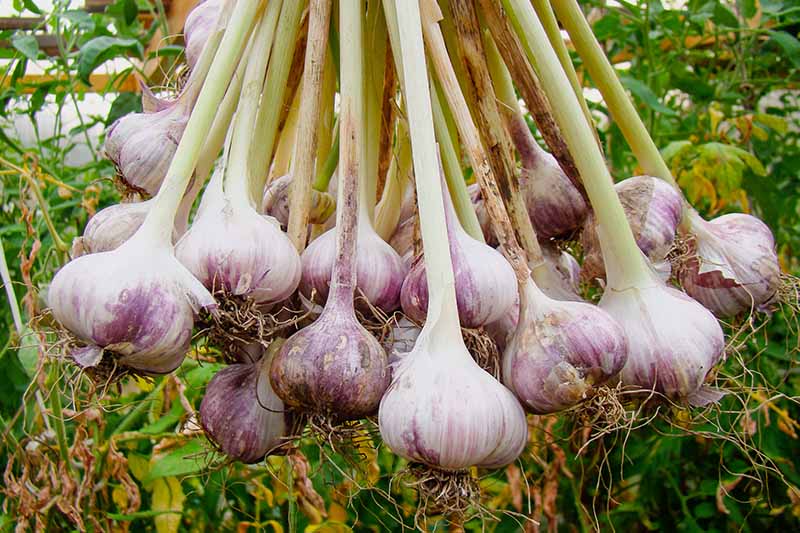
- Herbs: Many herbs, such as cilantro, dill, and oregano, can be beneficial companion plants for peppers and tomatoes. They help to attract beneficial insects and repel pests. They can also improve the flavor of peppers and tomatoes.
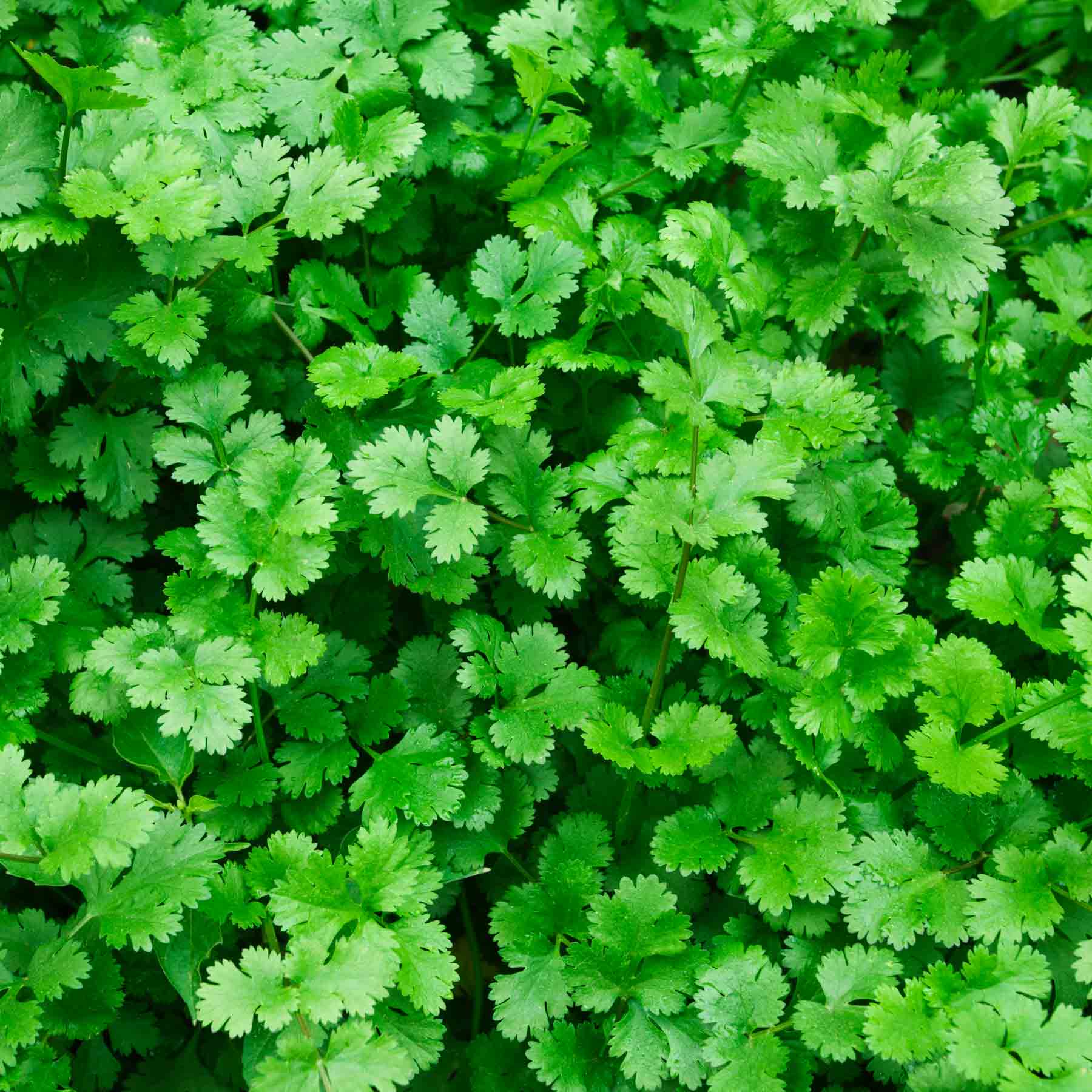
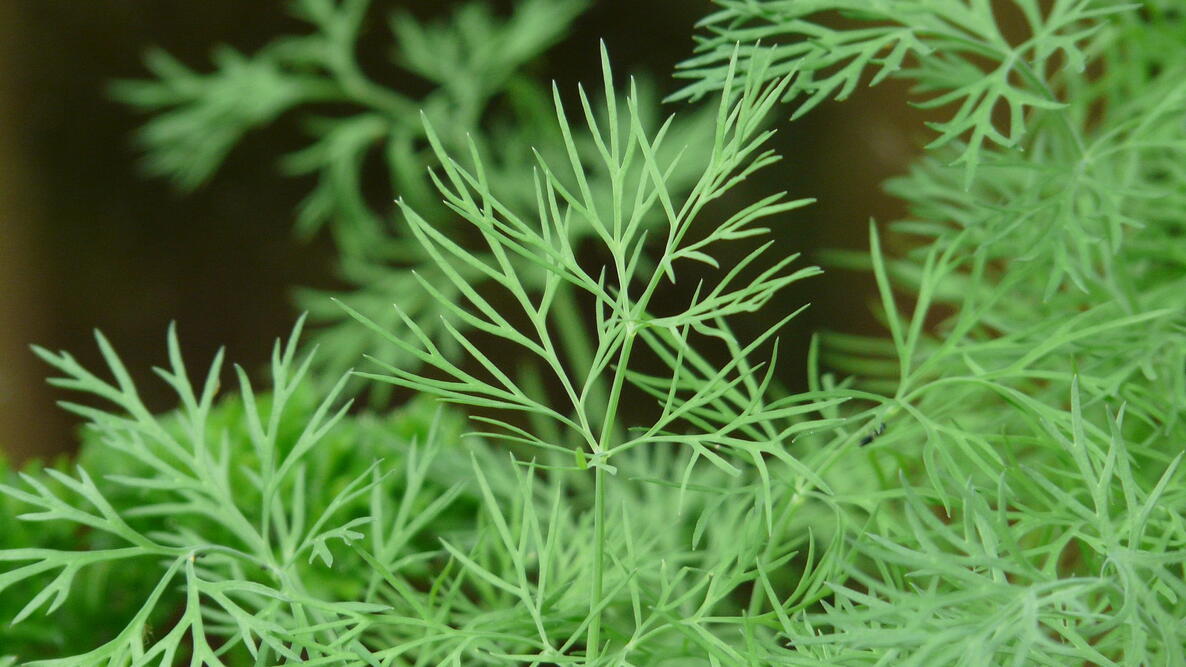
How to Plant Companion Plants Together
When planting companion plants together, it is important to consider their water and sunlight requirements. Plants with similar water needs should be planted together, and plants with similar sunlight needs should be planted together.
It is also important to consider the size of the plants when planting them together. Taller plants should be planted behind shorter plants, so that the shorter plants do not get shaded out.
Here are some tips for planting companion plants together:
- Plant tall plants in the back and shorter plants in the front.
- Plant plants with similar water and sunlight needs together.
- Plant companion plants that benefit each other.
- Space plants appropriately so that they have enough room to grow.
Conclusion
Companion planting is a great way to improve the growth and health of your peppers and tomatoes. By planting the right companion plants together, you can help to repel pests, attract beneficial insects, and improve the soil quality. This will lead to healthier plants and a more bountiful harvest.
Peppers and tomatoes are two popular vegetables that can be grown together in the garden. However, there are some companion plants that can help to improve the growth and health of these plants.
One of the best companion plants for peppers and tomatoes is marigolds. Marigolds help to repel pests, such as aphids and nematodes, that can damage both peppers and tomatoes. They also help to improve the soil quality by attracting beneficial insects, such as ladybugs and lacewings.
Another good companion plant for peppers and tomatoes is herbs. Herbs, such as dill, fennel, and chives, can help to repel pests and attract beneficial insects. They can also improve the flavor of peppers and tomatoes.
Squash is another good companion plant for peppers and tomatoes. Squash helps to suppress weeds and improve the soil quality. It can also help to shade the roots of peppers and tomatoes, which can help to prevent them from drying out.
Beans are also a good companion plant for peppers and tomatoes. Beans fix nitrogen in the soil, which can help to improve the growth of peppers and tomatoes. They can also help to prevent soil erosion.
For more information about companion plants for peppers and tomatoes, please visit Garden Wiki.
FAQ of peppers and tomatoes companion plants
5 Most Frequently Asked Questions About Peppers and Tomatoes Companion Plants
Peppers and tomatoes are two popular vegetables that can be grown together in the garden. However, there are some companion plants that can benefit their growth, while others can hinder it. Here are the 5 most frequently asked questions about peppers and tomatoes companion plants, along with valuable insights and solutions:
1. What are good companion plants for peppers and tomatoes?
Some good companion plants for peppers and tomatoes include:
- Basil: Basil helps to repel pests such as mosquitoes, flies, and whiteflies. It also helps to improve the flavor of tomatoes.
- Cucumbers: Cucumbers help to attract pollinators, such as bees and butterflies. They also help to suppress weeds.

- Herbs: Other herbs, such as mint, oregano, and rosemary, can also be good companion plants for peppers and tomatoes. They help to deter pests and diseases.
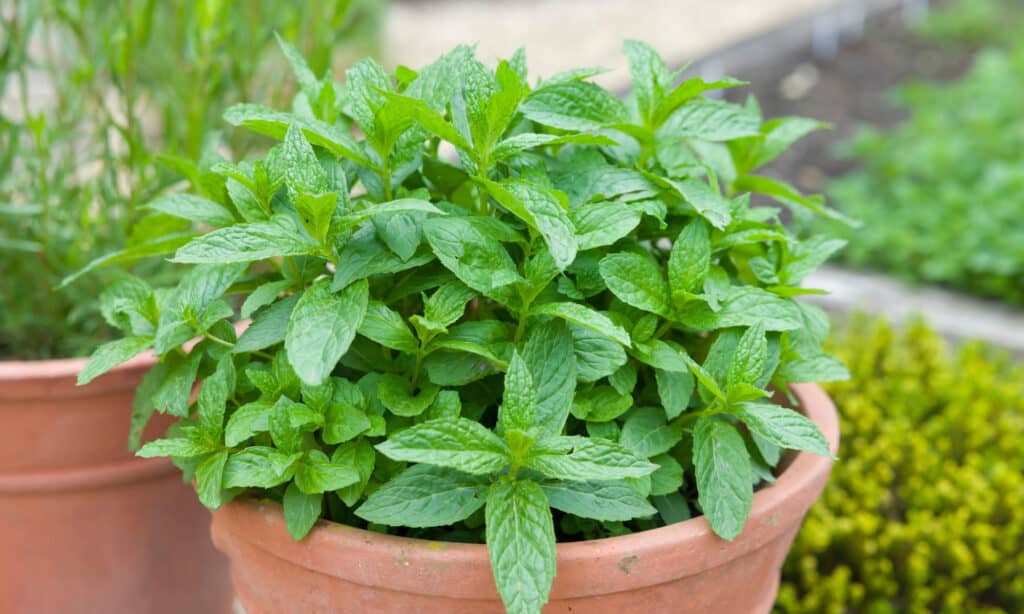

- Lettuce: Lettuce helps to shade the soil around peppers and tomatoes, which helps to retain moisture and suppress weeds.
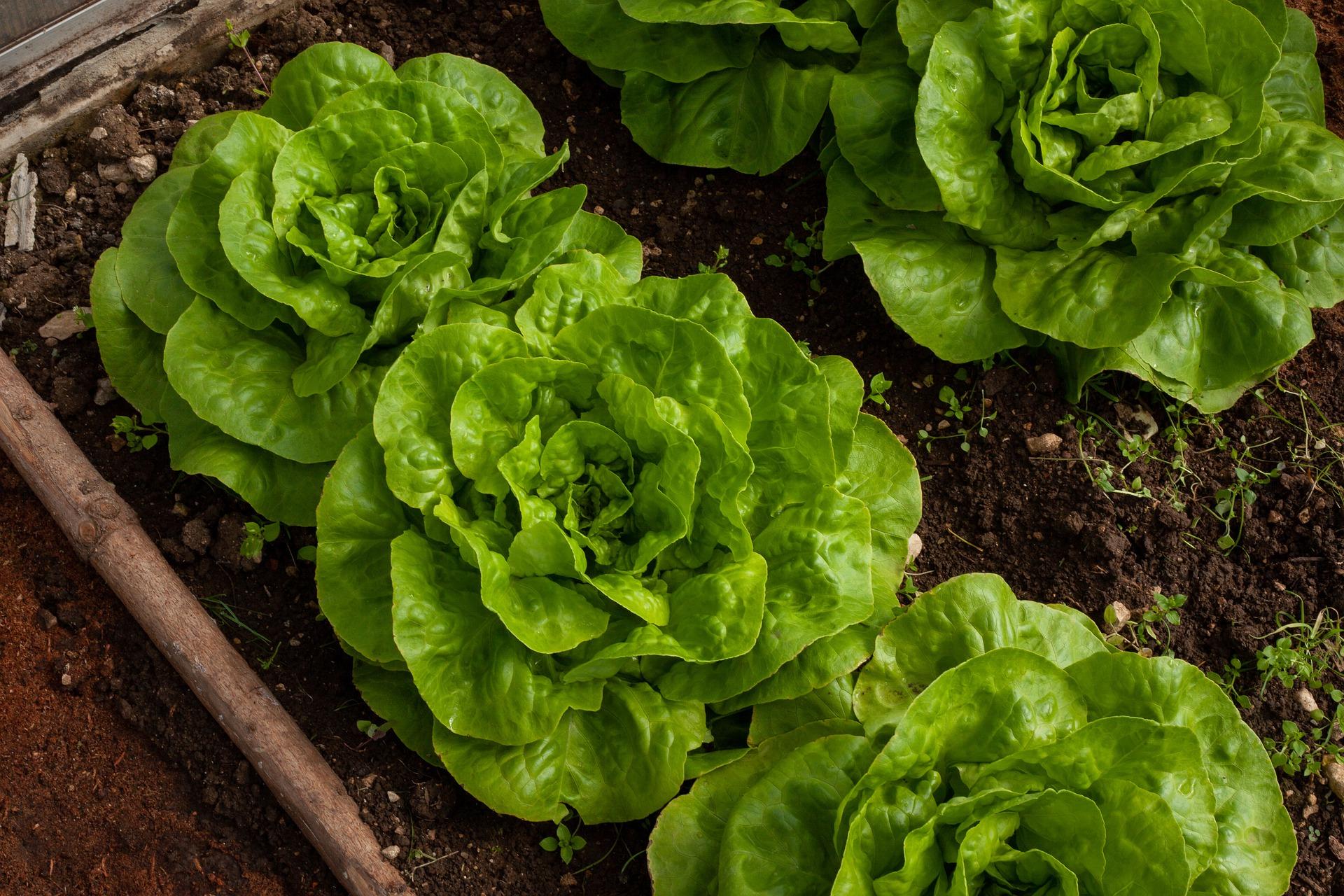
- Marigolds: Marigolds help to repel nematodes, which are pests that can damage the roots of peppers and tomatoes.

2. What are bad companion plants for peppers and tomatoes?
Some bad companion plants for peppers and tomatoes include:
- Potatoes: Potatoes and tomatoes are both susceptible to the same diseases, so it is best to avoid planting them together.

- Spinach: Spinach can attract aphids, which are pests that can damage peppers and tomatoes.
- Squash: Squash can harbor powdery mildew, which is a disease that can affect peppers and tomatoes.
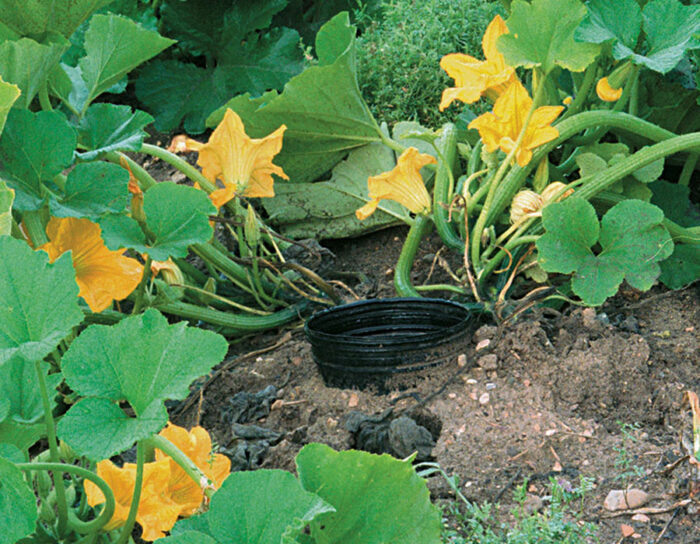
- Cabbage: Cabbage can attract pests such as cabbage worms, which can also damage peppers and tomatoes.
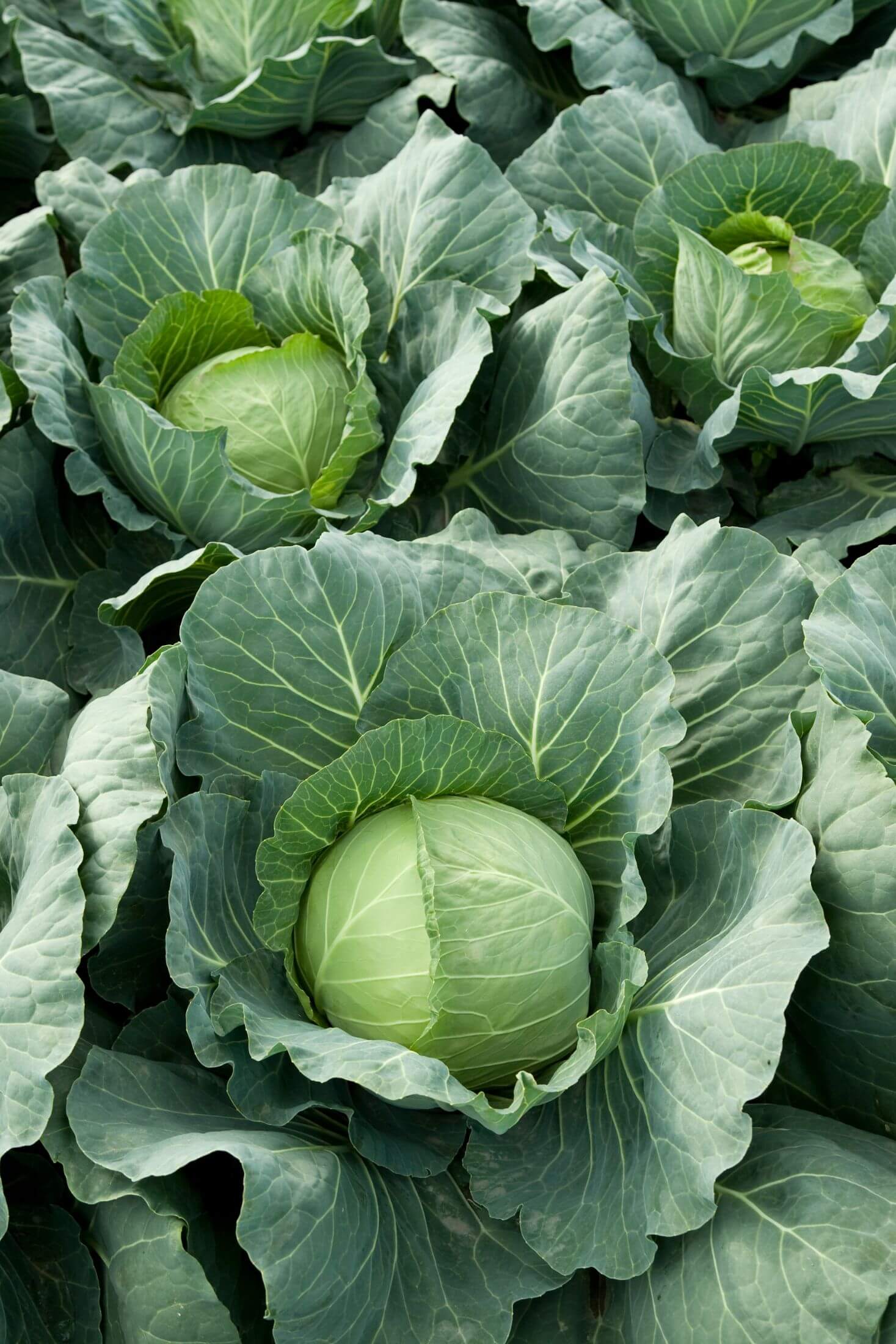
- Melons: Melons can compete with peppers and tomatoes for water and nutrients.
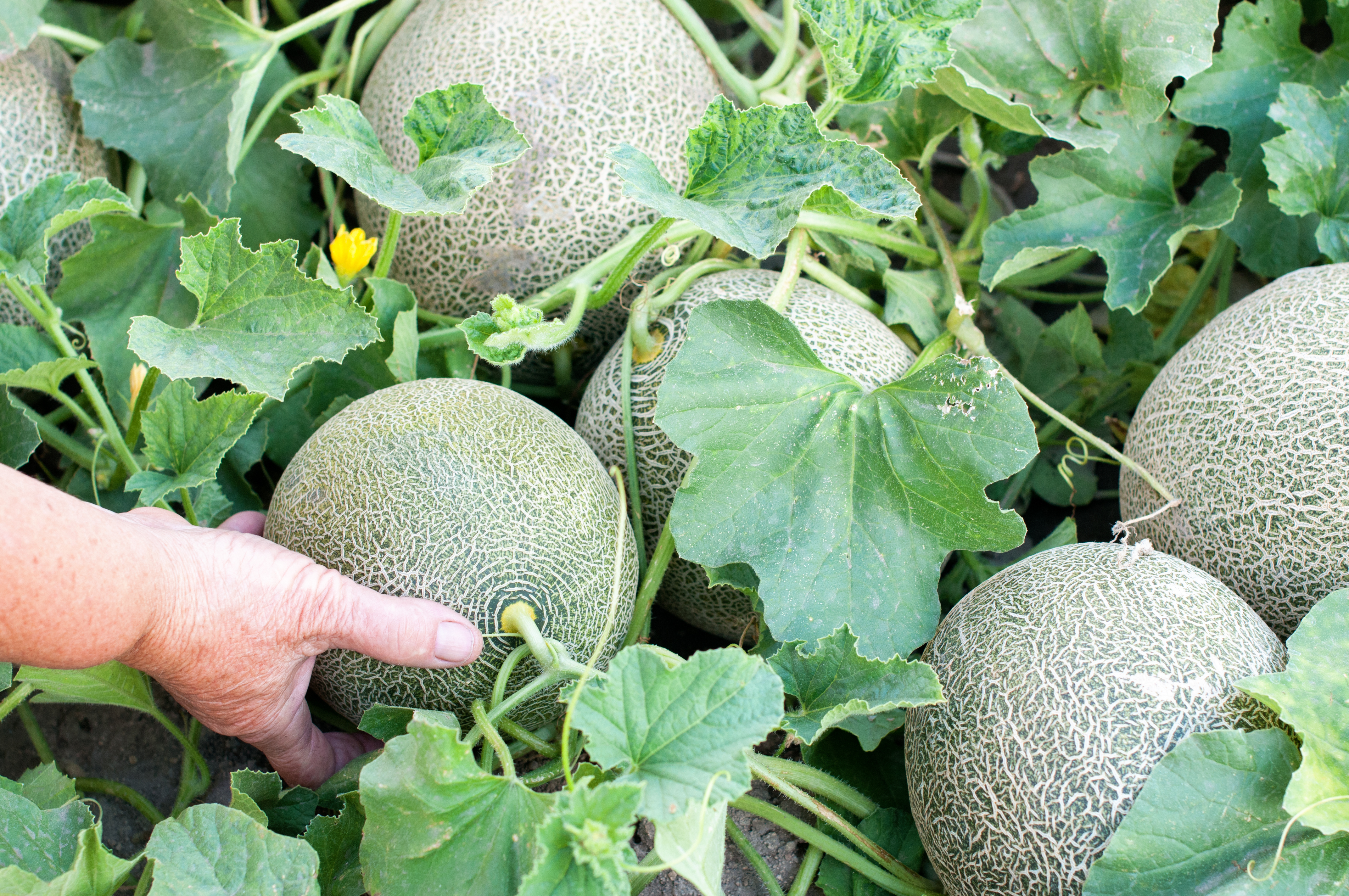
3. How far apart should peppers and tomatoes be planted?
Peppers and tomatoes should be planted at least 18 inches apart. This will give them enough space to grow and spread their roots.
4. How do I support pepper and tomato plants?
Peppers and tomatoes can grow quite tall, so they may need support to keep them upright. You can use stakes, cages, or trellises to support your plants.
5. How do I water pepper and tomato plants?
Peppers and tomatoes need regular watering, especially during hot, dry weather. Water your plants deeply, so that the water reaches the roots. Avoid watering the leaves, as this can promote the spread of diseases.
Image of peppers and tomatoes companion plants
- Nasturtiums: Nasturtiums are a great companion plant for peppers and tomatoes because they help to deter pests. They also add a splash of color to the garden.
- Marigolds: Marigolds are another good companion plant for peppers and tomatoes. They help to repel insects and nematodes.
- Cucumbers: Cucumbers and peppers can be planted together because they have similar growing requirements. They also help to shade the soil, which can help to keep the roots of the peppers cool.
- Beans: Beans and peppers can also be planted together. The beans will help to fix nitrogen in the soil, which can benefit the peppers.
- Herbs: Herbs like basil, oregano, and thyme can also be planted near peppers and tomatoes. These herbs help to deter pests and attract beneficial insects.
Post a Comment for "The Best Companion Plants For Peppers And Tomatoes"